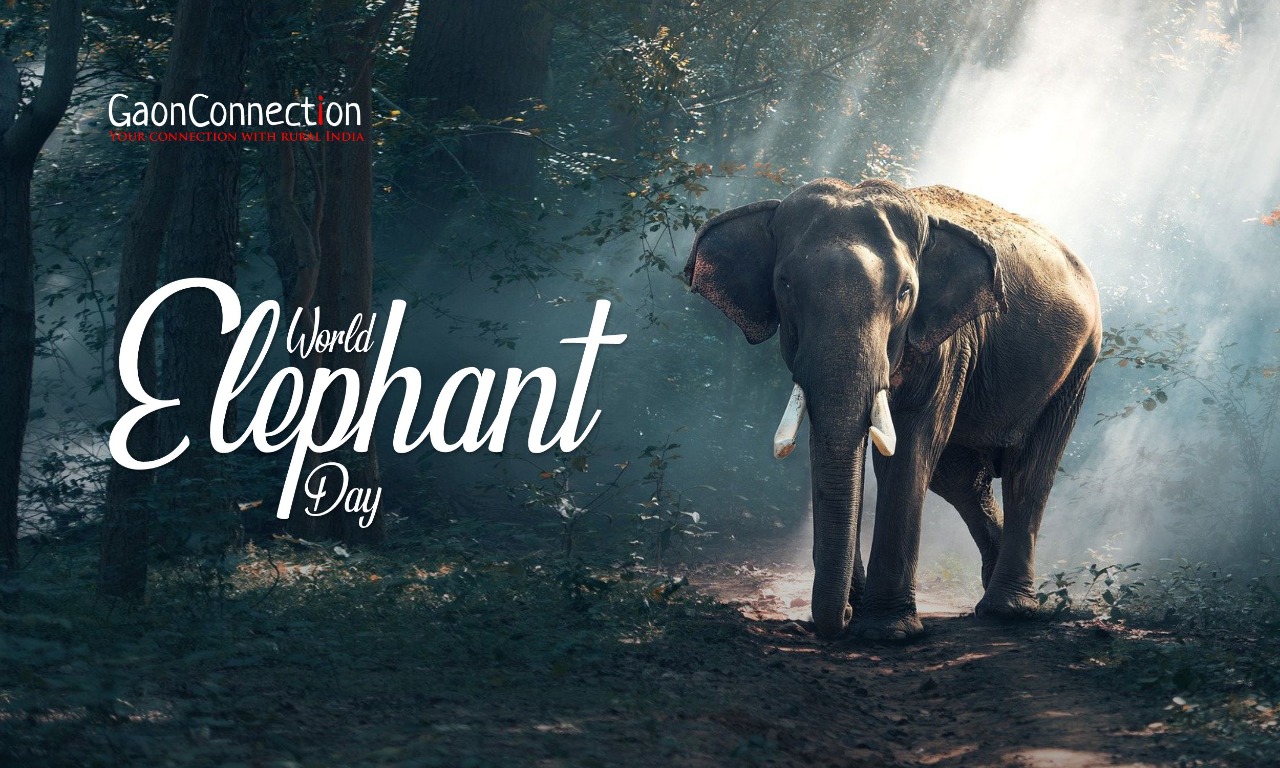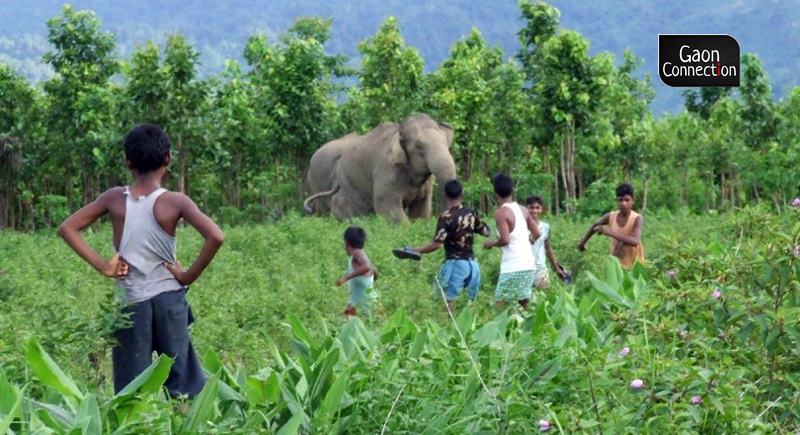World Elephant Day: Why are elephants important to the ecosystem?
To highlight the importance of elephants, World Elephant Day is marked every year on August 12 to spread awareness about the threats that these largest living land animals face due to exploitation, loss of habitat and poaching. Details here.


Every year on August 12, World Elephant Day is dedicated to the preservation and protection of the elephants worldwide, which are often victims of poaching, habitat loss, conflict with humans.
The World Elephant Day is marked to make people aware of better treatment of captive elephants and against their illegal poaching and trade for ivory.
It also recognises the importance of the elephants in our ecosystem and focuses on their preservation and protection.
Also Read: Sulochana and Ayyub: The lovely bond between a jumbo and her mahout
“Elephants are an integral component of the ecosystem, play a crucial role in maintaining forest ecosystems & biodiversity. They are referred as “keystone species” as it disperses seeds & supports large assemblages of invertebrates,” the Ministry of Environment & Climate Change tweeted yesterday on August 11 to stress on the importance of elephants in the ecosystem.
“The ecological role of elephants greatly influences the ecosystem, which includes changes in plant communities, ecosystem processes, geomorphology and trophic structure of a community,” it said.
Also Read: Human-wildlife conflict related killing single biggest threat to wildlife: Report
The ministry claims to be deeply committed to protecting the “National Heritage Animal of India” and taking all measures to minimise human-elephant conflict.
Recently, the Chhattisgarh government proposed a ‘novel’ initiative to feed wild elephants with all the ‘surplus’ paddy it has stored in its godowns, in the hope it will reduce human-elephant encounters. However, wildlife experts were unhappy at the proposed change in diet.
History of the World Elephant Day
The first World Elephant Day was launched on August 12, 2012. It was co-founded by Canadian Patricia Sims and the Elephant Reintroduction Foundation of Thailand, an initiative of HM Queen Sirikit of Thailand.
Also Read: Vatsala, Panna Tiger Reserve’s senior- most citizen is more than a 100 years old
“World Elephant Day is a rallying call for people to support organisations that are working to stop the illegal poaching and trade of elephant ivory and other wildlife products, protect wild elephant habitat, and provide sanctuaries and alternative habitats for domestic elephants to live freely,” Sims is quoted as saying on the website of World Elephant Day.
The website of World Elephant Day explains that the purpose of this day is to bring together help and support for elephants. The goal is to look for solutions to help elephants survive in a better way.

Human-elephant conflict in India
Human-elephant conflict caused 1,401 human and 301 elephant deaths in India from 2018-2020, Bhupendra Yadav, Union minister for environment, forest and climate told the Rajya Sabha on August 2, 2021.
Some 115 elephants and 457 people died in 2018-19, while 99 elephants and 585 people died in 2019-20. In 2020-21 (upto December 2020), 87 elephants and 359 people lost their lives in human-elephant conflict.
The 2012 report by a Karnataka Elephant Task Forcenoted that human-elephant conflict mainly happened due to fragmentation of habitats, habitat loss, change in cropping pattern, etc.
According to the environment ministry, it has provided financial and technical assistance to states and Union territories under the centrally sponsored scheme ‘Project Elephant’ for protection and conservation of elephants and their habitats in the country. About 30 elephant reserves have been established so far in 14 major elephant states to reduce human-elephant conflict.


